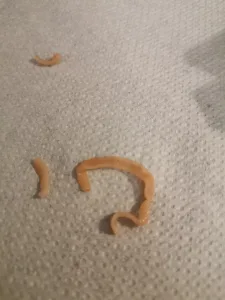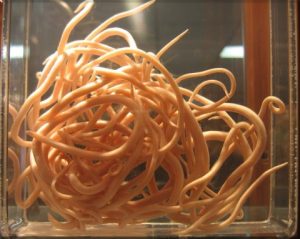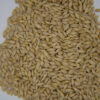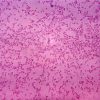
Why Regular Deworming is Crucial for Pigeons
Why Regular Deworming is Crucial for Pigeons
Parasites might be small, but their impact on racing pigeons is massive. Internal worms can silently undermine a bird’s health, slow recovery, weaken performance, and contribute to chronic illnesses. Left unchecked, they form a cycle of reinfection that is hard to break—especially in lofts with high-density bird populations or during times of stress like molting, breeding, or racing.
In this post, we’ll break down the importance of a consistent deworming protocol, common parasites to watch for, and effective strategies to protect your pigeons’ health and performance year-round.
The Hidden Cost of Worm Infestation in Racing Pigeons
Pigeon fanciers often overlook worm infestations because symptoms may be subtle until a bird’s health is severely compromised. Common internal parasites include:
-
Roundworms (Ascaridia columbae)
-
Hairworms (Capillaria spp.)
-
Tapeworms (Raillietina spp.)
These parasites rob your pigeons of vital nutrients and impair organ function. They increase feed consumption without adding weight or energy, lower resistance to infections, and contribute to poor condition during race season.
Symptoms of Worm Infestation
While some birds may remain asymptomatic carriers, others will show the following signs:
-
Weight loss despite normal appetite
-
Poor feather quality and molting issues
-
Diarrhea or watery droppings
-
Decreased energy during training or racing
-
Delayed recovery post-race
-
Increased vulnerability to diseases (e.g., canker, respiratory infections)
If multiple birds in your loft show these signs, parasites are likely playing a role.
Reinfection: The Parasite Cycle That Won’t Quit
One of the biggest challenges in parasite control is reinfection. Even after treatment, worm eggs can remain in droppings, loft dust, water bowls, or contaminated feed. If loft hygiene isn’t top-tier, birds will ingest these eggs again—and the cycle continues.
Stressful events like racing, breeding, and seasonal transitions suppress immunity, making it easier for dormant parasites to take hold.
Why Regular Deworming Matters
A single treatment isn’t enough. Racing pigeons need a structured deworming plan to disrupt the life cycle of parasites and reduce reinfection rates.
Benefits of regular deworming:
-
Prevents parasite buildup in the digestive system
-
Enhances nutrient absorption and body condition
-
Supports immune function and race performance
-
Reduces mortality in young birds and squabs
-
Minimizes the risk of secondary infections
Deworming Schedule for Racing Pigeons
Here’s a sample annual deworming protocol used by successful fanciers:
| Timing | Deworming Purpose |
|---|---|
| Pre-breeding (Jan–Feb) | Boost reproductive health |
| Pre-racing (Mar–Apr) | Ensure optimal energy and digestion |
| Mid-season (Jun–Jul) | Break reinfection cycle |
| Post-season (Oct) | Clean out parasites before molting |
This schedule is adjustable based on climate, loft density, and regional parasite risk.
Rotation of Medications
Parasites can develop resistance if the same dewormer is used repeatedly. Rotating medications keeps your parasite control effective and reduces the risk of resistance.
Recommended dewormers:
-
Levamisole Effective against roundworms and hairworms
-
Fenbendazole Broader spectrum, but must be used cautiously during breeding
-
Ivermectin Also helps with some external parasites
-
Praziquantel – Specifically targets tapeworms
Important: Always observe withdrawal periods before racing or breeding, and never overdose. Use veterinary guidance when introducing new medications.
Loft Sanitation: The Other Half of Deworming
Medication alone won’t stop parasites. Loft hygiene plays a major role in preventing reinfection.
Top sanitation tips:
-
Remove droppings daily
-
Disinfect perches, nest boxes, and feeders weekly
-
Keep loft floors dry and well-ventilated
-
Use absorbent materials like wood shavings or straw
-
Rotate birds out of heavily infested sections for deep cleaning
Also, avoid feeding pigeons on the ground and regularly clean grit trays.
Reinforcing Immunity Through Nutrition
A well-nourished pigeon can naturally resist parasites more effectively. Include the following in your birds’ diet during deworming cycles:
-
B-complex vitamins For liver support and recovery
-
Probiotics To restore gut flora after treatment
-
Electrolytes For hydration, especially in warm weather
-
Herbal tonics Such as oregano or garlic to provide mild antimicrobial action
Brands like PHP (Pigeon Health & Performance) offer targeted nutritional support during and after deworming.
Young Birds and Worm Burdens
Squabs are especially vulnerable to parasite overload. Their immature immune systems make them less able to fight off infestations, and symptoms like diarrhea or stunted growth are common.
Treating breeders before mating and using preventive treatment in squabs from 4 weeks of age (under veterinary advice) can reduce worm burdens significantly.
Deworming Before Vaccination
Timing matters. If you vaccinate birds when they’re harboring a parasite load, the immune response may be less effective. That’s why it’s best to:
-
Deworm 7–10 days before vaccination
-
Provide a vitamin boost for immune priming
-
Vaccinate only healthy, parasite-free birds
Common Mistakes in Deworming
Even experienced fanciers make missteps that reduce the effectiveness of deworming efforts. Here’s what to avoid:
-
Treating only once a year
-
Overmedicating without rotating actives
-
Using expired or improperly stored medications
-
Ignoring loft cleaning
-
Failing to treat all birds at once
Consistency is the key to successful parasite control.
Summary: Deworming for Peak Performance
Regular deworming is not just about parasite control—it’s about optimizing your pigeons’ overall condition, preventing disease, and ensuring strong returns during race season.
Key Takeaways:
-
Worms reduce performance, energy, and immunity
-
Reinfection is common if loft hygiene is poor
-
Set a deworming schedule and rotate medications
-
Support treatment with nutrition and clean living spaces
-
Treat all birds simultaneously for best results
Final Thoughts
A high-performing racing loft doesn’t happen by chance. It’s the result of a carefully managed health protocol—one that starts with effective parasite control. By prioritizing regular deworming, you give your pigeons the best chance to thrive, train, breed, and win.
